A Nation in Despair
Nigerians are expressing deep concern and despair over the deteriorating socio-economic conditions in the country. Incidents such as a keke rider’s suicide due to the seizure of his livelihood, a building collapse in Abuja, and the normalization of pedophilic behaviors are cited as examples of the severe issues facing the nation. Many feel that the situation is worsening and are calling for urgent action. There is a plea for change and a sense of hopelessness among the population. The planned nationwide protests on July 29th and from August 1st to 10th aim to address issues such as bad governance and the need for accountability.

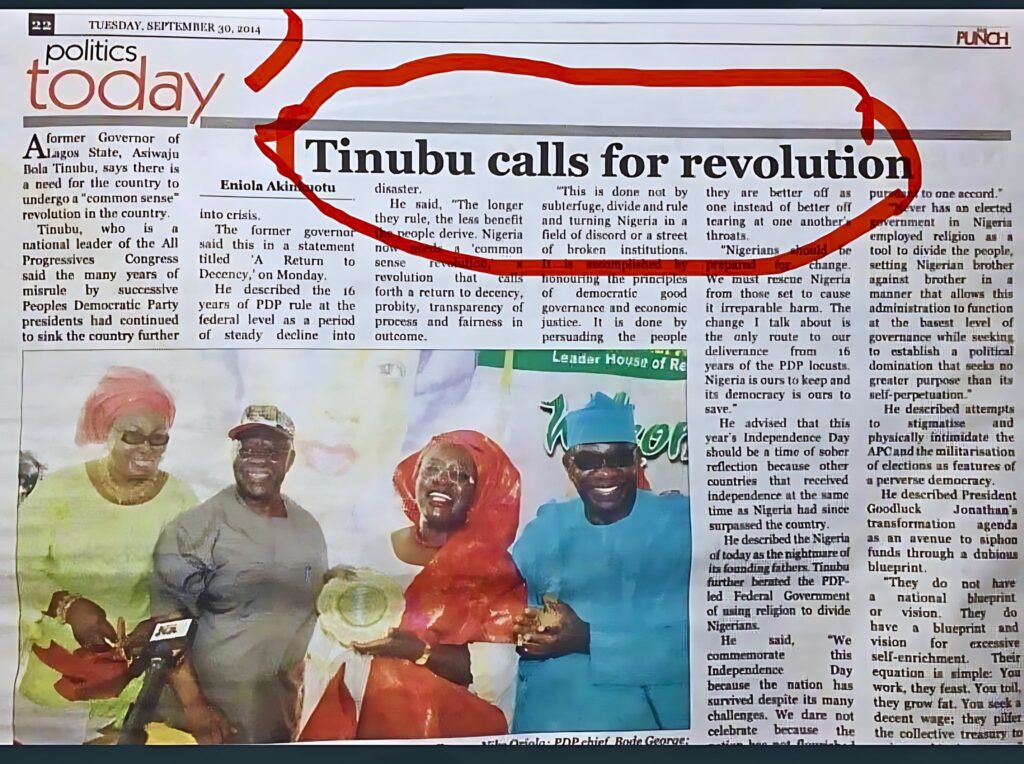
It is worth recalling that back in 2013, during Goodluck Jonathan’s administration, Tinubu called for a revolution in Nigeria and encouraged Nigerians to go out and protest. Now, under his rule, the calls for protest resonate with a bitter irony as the nation struggles under his leadership.
The Illegitimate Ascent to Power
Tinubu’s rise to power is marred by significant violations of the Nigerian Constitution. Issues such as the failure to secure 25% of votes in the FCT Abuja, falsification and perjury of academic records, existing criminal records from his indictment and forfeiture of $460 million in the United States, dual citizenship with a Guinean passport, Shettima’s double nomination, the INEC’s refusal to use BVAS as provided in the electoral act, extensive rigging, and judicial complicity in undermining the constitutional framework have all cast a long shadow over his presidency.
Misplaced Priorities and Extravagance
For someone who ascended to power with such historic baggage, Tinubu should have prioritized the welfare of Nigerians upon taking office. Instead, he has focused on spending billions of naira on luxury cars for himself and the first lady, renovating the president’s residence, and other lavish expenditures. The Nigerian public has realized that the government is not making sufficient sacrifices and prioritizing resources effectively. Nigerians are demanding change and expressing their dissatisfaction through protests.
Tinubu spent at least 16.06 billion naira on foreign currencies for international trips according to data from GovSpend by BudgIT. These expenditures included significant amounts for the President, Vice President, First Lady, Chief of Staff, and the Presidential Air Fleet, with the President’s trips accounting for the majority at N10.93 billion.
The sharp depreciation of the naira, which has fallen by 70.3% against the dollar since May 2023, has significantly increased the cost of these international trips, highlighting the need for fiscal prudence amid ongoing economic challenges.
Tinubu’s reckless comment about returning Edo State to the APC reveals his intent to manipulate elections in cahoots with INEC or through judicial bribery. Such statements underscore the government’s focus on power retention rather than governance.
Tinubu’s Trail of Tragic Governance
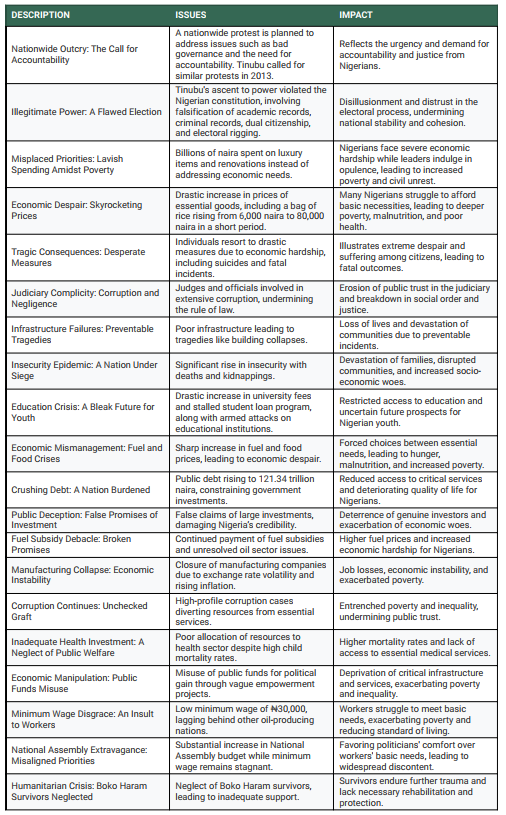
Human Tragedy and Desperation
The human cost of Tinubu’s administration is heart-wrenching. A lady in Delta State jumped to her death from a flyover, screaming that she was tired of the hardship. Kidnappings and violence continue unabated, with lives lost and families torn apart. The tragic story of a Keke Marwa operator committing suicide at the LASTMA office after his tricycle was seized reflects the desperation of many Nigerians.

Judicial Corruption and Impunity
The judiciary, supposed to be the last hope of the common man, tops the list of bribe recipients with 721 billion naira taken in bribes in 2023. This rampant corruption among prosecutors, land registry staff, and customs officials reflects a broken system where public officials exploit citizens.
Entrenched Corruption in Religious Institutions
EFCC Chairman’s Shocking Allegation: The Chairman of the Economic and Financial Crimes Commission (EFCC), Ola Olukoyede, has alleged that some religious groups in Nigeria are more corrupt than public officials. This allegation follows the EFCC’s uncovering of a religious sect laundering money for terrorists in Nigeria. The chairman decried the magnitude of theft by corrupt elements, stating that if Nigerians saw some case files, they would weep.

Collapsing Infrastructure and Negligence
The frequent building collapses, such as the recent tragedy in Plateau State that claimed 22 lives and injured 132, highlight the administration’s negligence. The National Emergency Management Agency (NEMA) called the incident avoidable, reflecting the systemic failures in ensuring safety and infrastructure integrity.
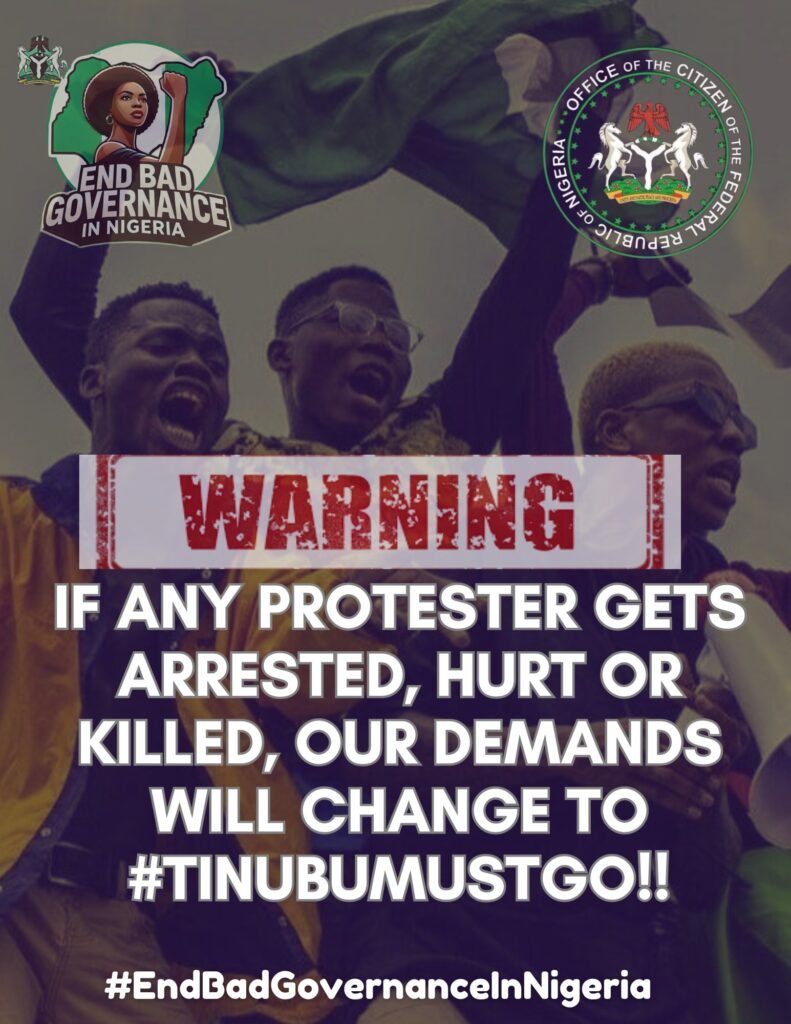
False Promises and Economic Failures
Tinubu’s administration has made numerous false claims about securing large investments, damaging Nigeria’s credibility on the global stage. The false announcement of a $600 million investment by Maersk and the tragic reality of TotalEnergies investing $6 billion in Angola instead of Nigeria are just a few examples. These bogus announcements deter genuine investors and exacerbate economic woes.

The Escalating Cost of Living
The price of petrol has skyrocketed from 238.11 naira per liter to 701.24 naira per liter, a 194.5% rise, crippling businesses and household budgets. Food inflation has soared from 24.82% to 40.54%, while overall inflation has risen from 22.41% to 33.69%, making basic necessities unaffordable for many. The naira’s depreciation from $1/₦461.76 to $1/₦1,575.746, a 241% increase, has further strained the economy, reducing the availability of essential products and deterring foreign investment.

The Burden of Debt and Fuel Scarcity
Nigeria’s public debt has risen to 121.34 trillion naira, constraining the government’s ability to invest in critical infrastructure and social services. Despite being an oil-producing nation, Nigeria grapples with fuel scarcity, with continued payment of fuel subsidies straining the economy. Issues of oil theft and pipeline vandalism remain unresolved, contributing to perpetual economic crises.
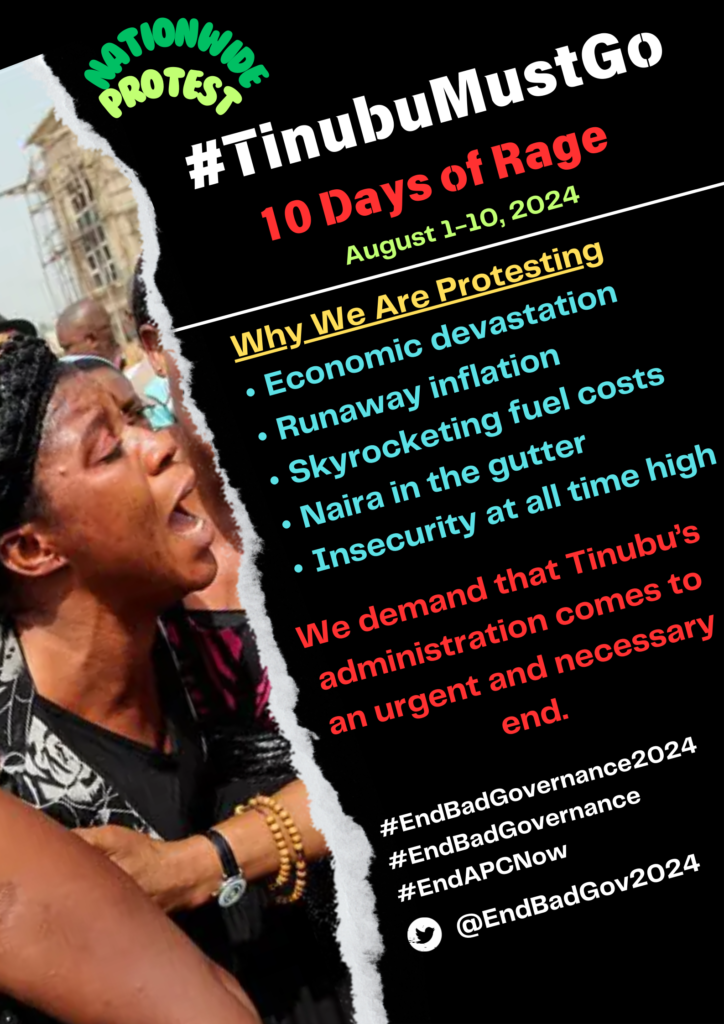
Rampant Corruption and Insecurity
Corruption remains rampant, with high-profile cases involving significant sums of money. The looting of the National Social Investment Programme Agency (NSIPA) fund and other graft instances reflect a continuity of massive corruption trends. The alarming rise in insecurity has seen over 7,500 Nigerians killed by terrorists and bandits, while more than 7,000 have been kidnapped. This pervasive insecurity has devastated countless families and communities, creating an environment of fear and instability.
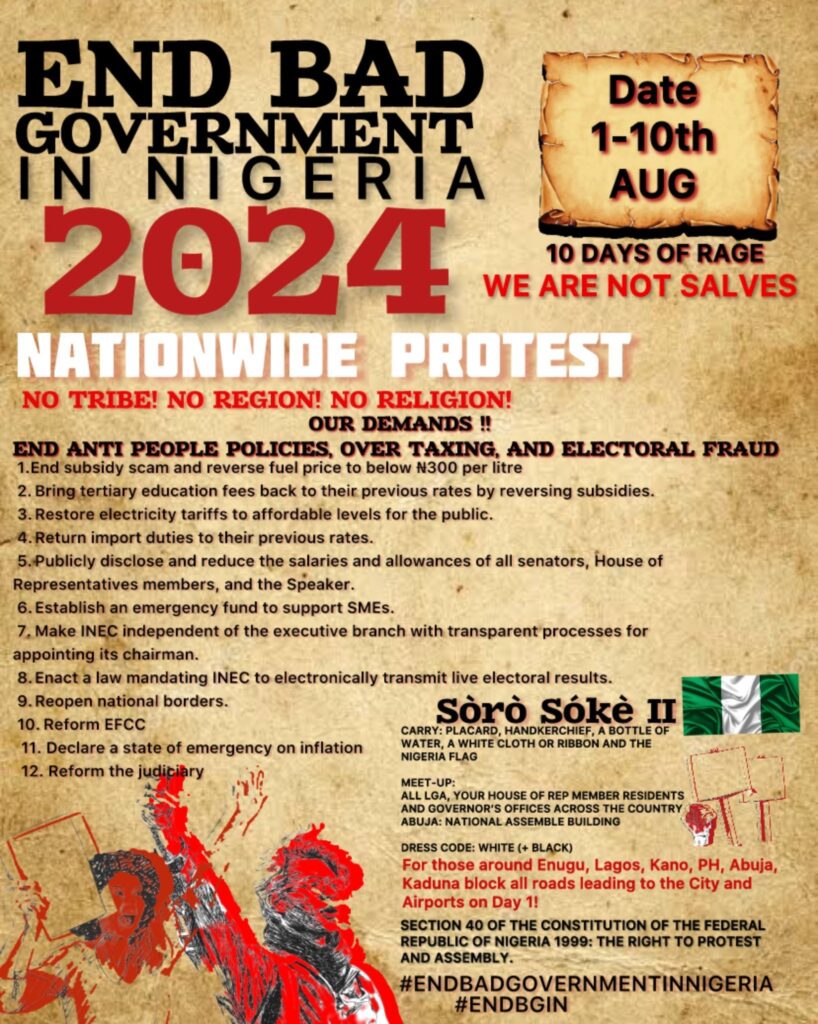
An Education Crisis
The education sector has suffered immensely, with universities like the University of Ibadan increasing fees by over 1,000%. The stalled implementation of the student loan program has left many students without financial support. Armed attacks on educational institutions by militant groups have disrupted the education of thousands, undermining the future prospects of Nigeria’s youth.
Minimum Wage Disgrace and Legislative Excess
Nigeria pays one of the lowest minimum wages in Africa despite being an oil-producing nation. The glaring discrepancy between the stagnant minimum wage and the substantial increase in the National Assembly’s budget highlights the administration’s misplaced priorities. Politicians enjoy increased allocations while ordinary Nigerians struggle to survive on a meager wage.
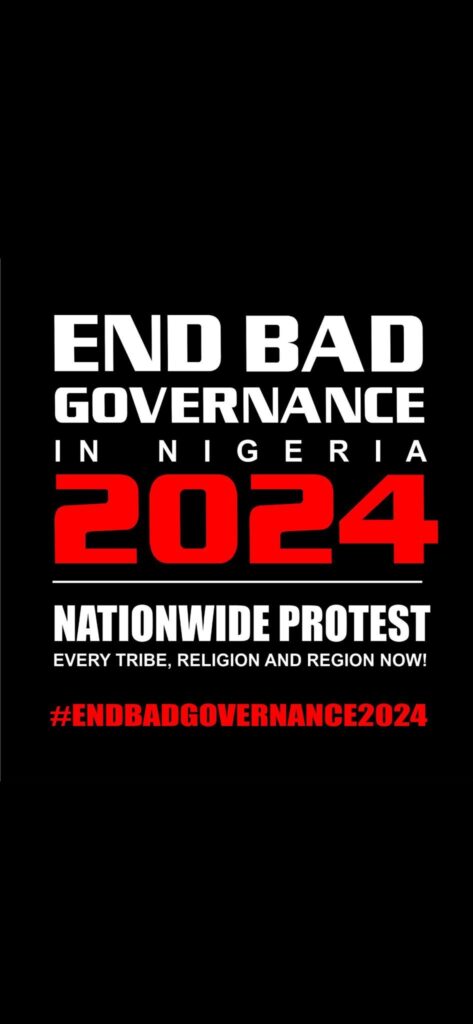
Propaganda and Business Exodus
Tinubu’s administration resorts to blatant propaganda, making false claims about securing large investments. The exit of major companies like GlaxoSmithKline, Equinor, Sanofi, Procter & Gamble, Bolt Food, and others is a clear testament to the deteriorating business climate under his regime. These departures underscore a monumental failure to attract and retain investment, further plunging the economy into chaos.
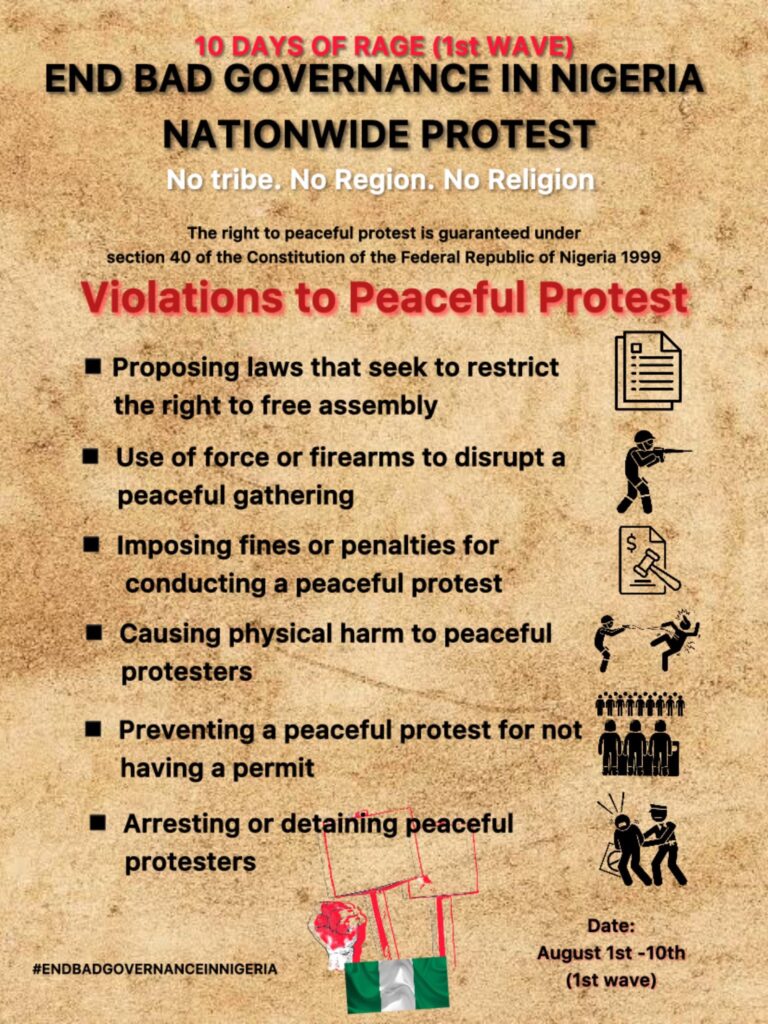
Political Repression and Unlawful Detentions
The call for the release of the detained leader of the Indigenous People of Biafra, Nnamdi Kanu, by members of the South-East House of Assembly caucus of the Labour Party, underscores the political repression and unlawful detentions under Tinubu’s administration. Kanu’s detention is seen as a tool to suppress genuine agitation and dissent, contributing to the insecurity in the South-East.
Conclusion
The planned nationwide protests are a testament to the Nigerian populace’s resilience and determination to hold their leaders accountable. The Tinubu administration’s failures have plunged the nation into an abyss of despair, corruption, and economic hardship. As Nigerians take to the streets, their message is clear: enough is enough. It is time for change, accountability, and a government that prioritizes the welfare of its people over personal interests.
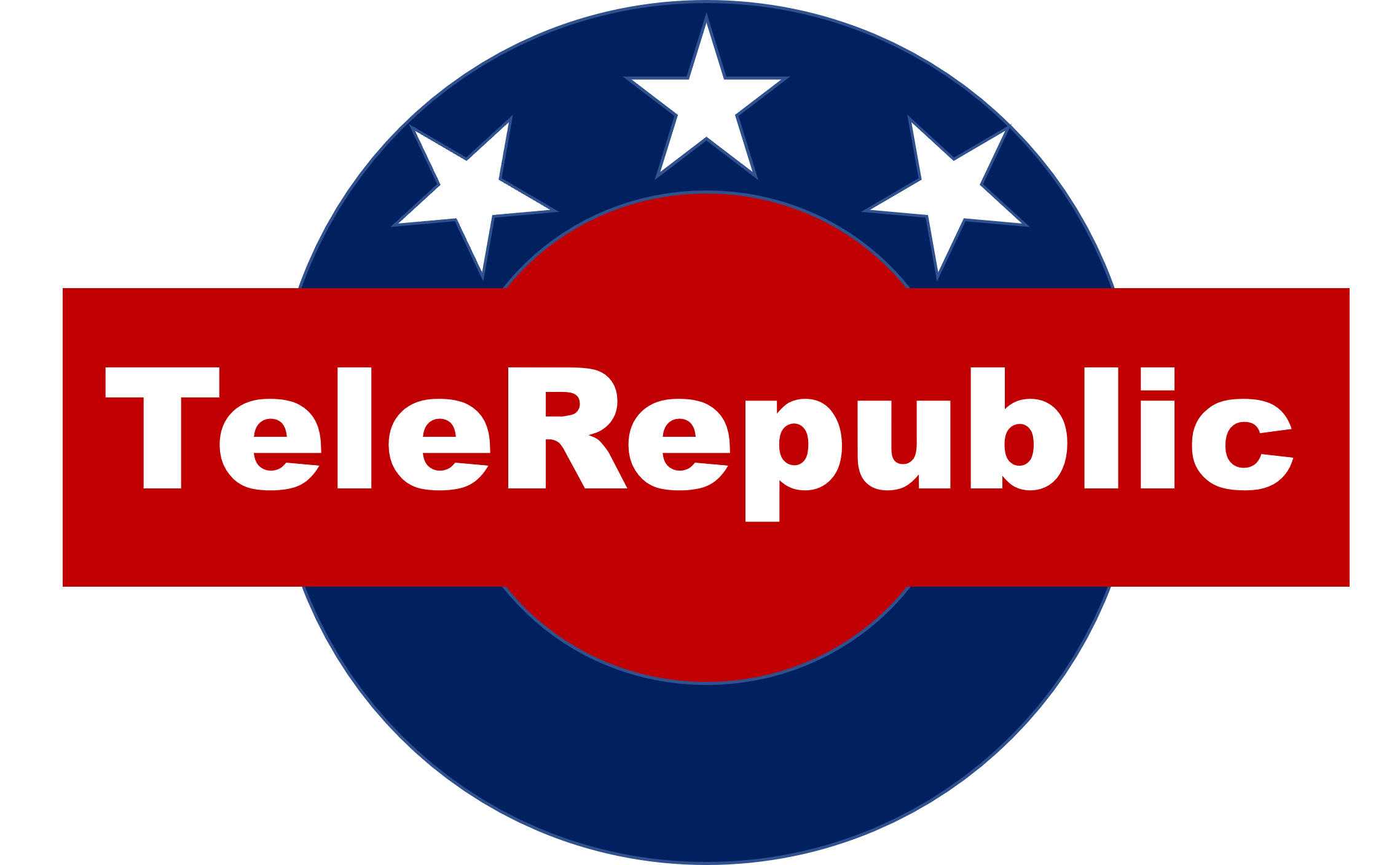
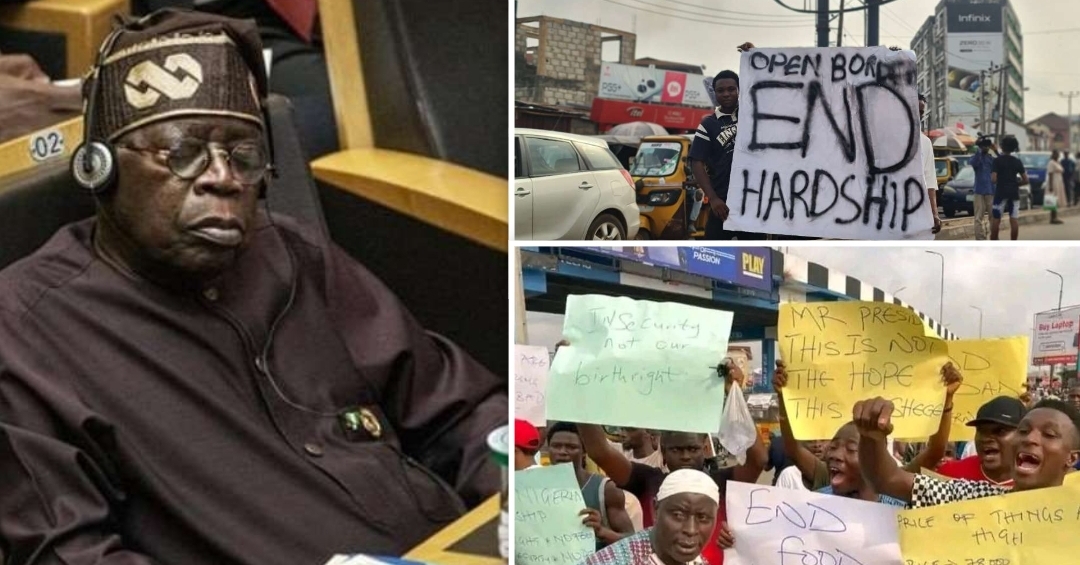

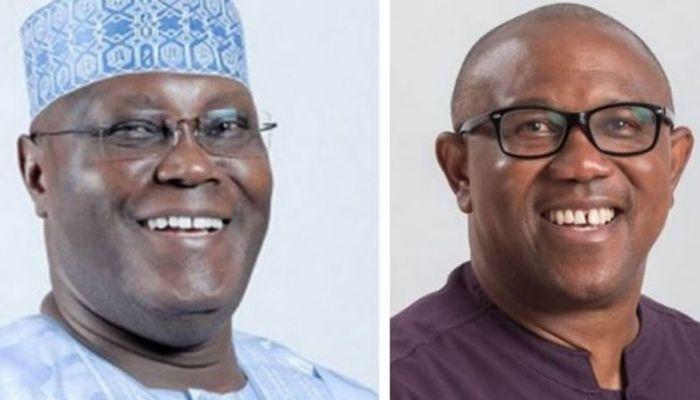
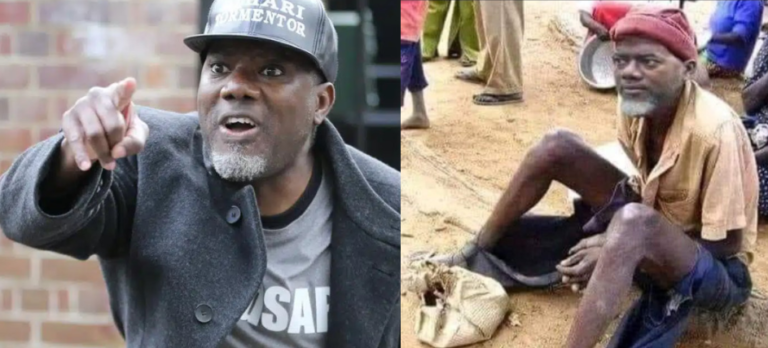
Enough is Enough
Power lies in the hands of citizens – not the criminal politicians.
Citizens must exercise that power immediately.
Enough is enough, wẹ must put a stop ro these high handed hardship affecting all and sundry. May Chukwu Okike help us
Tinubu & his people engineered the 2013 protest against GEJ as president.
It is selfish and imbecile of Tinubu to think that it is wrong for Nigerians to protest against him as president